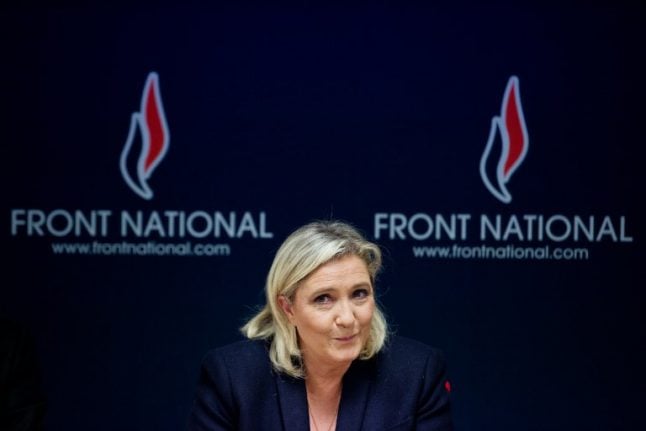The anti-EU, anti-immigration FN was plunged into soul-searching after Le Pen's stinging defeat by pro-EU centrist Emmanuel Macron in the second round of May's presidential election.
Macron won 66.1 percent to Le Pen's 33.9 percent, a result that showed continuing strong resistance to the FN's hard-right line.
The FN also suffered disappointment in follow-up June parliamentary elections, winning only eight seats in the 577-member National Assembly.
The haul was far below its target but it was still a fourfold increase on the FN's seat tally in the outgoing parliament.
“There are many things to change but first of all we must consult our members,” Le Pen said, adding that a questionnaire would be sent to the membership, “probably in September”.
The results of the poll will serve as the basis for the “refounding” of the party at a congress in March 2018, she told France Info radio.
READ ALSO:
- France's National Front lurches towards crisis despite Le Pen's 10.6 million votes
- Le Pen claims 'massive gains' but plans divisive party revamp

Asked whether the party's name — still associated for some with the anti-Semitism and overt racism of her father, former FN leader Jean-Marie Le Pen — was a millstone, she said: “Yes, I think so.
“It does not encourage unity beyond the party,” she said, adding that France's changing political landscape called for a new name.
Le Pen, 48, had already floated the idea of a reset of the FN on the night of her defeat by 39-year-old Macron, saying she wanted to form a political home for “all patriots”.
The FN, which is torn between an arch-conservative Catholic wing based in southern France and a secular nationalist faction in the north, is particularly keen to woo right-wing members of the conservative Republicans party.
So far its advances have been mostly rebuffed.
The party is also embroiled in a funding scandal.
Last week, Le Pen was charged with breach of trust over claims that FN members of the European Parliament illegally claimed millions of euros in funds allocated for parliament assistants in order to pay France-based staff.



 Please whitelist us to continue reading.
Please whitelist us to continue reading.